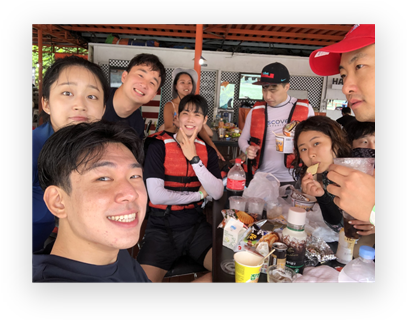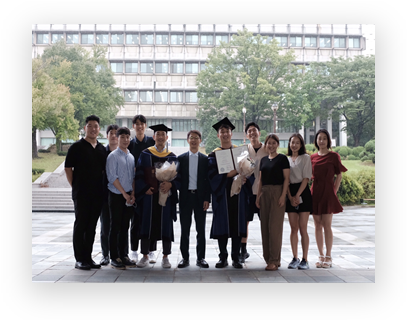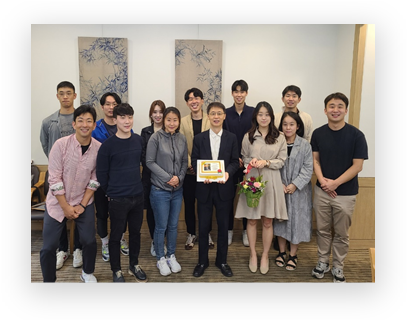Director
Joon-ho Kang (Ph.D)
Major : Sport Marketing, International Sport Development and Cooperation
Building 71-1, Room 406
E-mail: kangjh@snu.ac.kr

Lab Introduction
The Center for Sport Industry (CSI), as a part of the Institute of Sport Science at Seoul National University and a hub of the knowledge and talents of the sport industry, strives to obtain knowledge in sport markets. As today’s sport is converging with various industries beyond education, culture, and public welfare, it becomes more and more difficult to understand sport phenomena through traditional knowledge in sport studies and physical education. Therefore, CSI was established to create the required knowledge for modern sport markets by building network with world-class experts from diverse fields such as economics, finance, public administration, data analytics, engineering and so on. CSI performs both academic research and field research, emphasizing the core value of “Creative Imagination”. To achieve this, we are involved in the studies on sport events, sport contents, sport sponsorship, sport development, sport consumer behavior, the legacy development of mega sport event, and so on. In addition, field research and consultation for various sport organizations, governments, corporations, cities and media are executed to find customized solutions for the problems they face.
Academic Activities
To understand the characteristic and structure of the sport market, CSI devised a new concept called “Sport Market Value Network(SMVN)”, which offers a comprehensive framework of the sport industry. According to the SMVN, a variety of heterogenous products are derived centering on a particular sport and the created markets are interconnected as a network. Recently, CSI published the “Korea Golf Industry White Book 2016”, “Korea Golf Industry White Book 2018” upon Golfzon’s request, in which the Sport Market Value Network was applied to systematically analyze the structure and scale of the Korean golf market. Furthermore, CSI contrived the “Sport Development Model” to provide a theoretical framework for building sport ecosystem for each sport. The Sport Development Model is currently being used for the long-term strategic development of sport ecosystem for several sport federations including Korea Handball Federation, Korea Fencing Federation and Korea Baseball Federation.
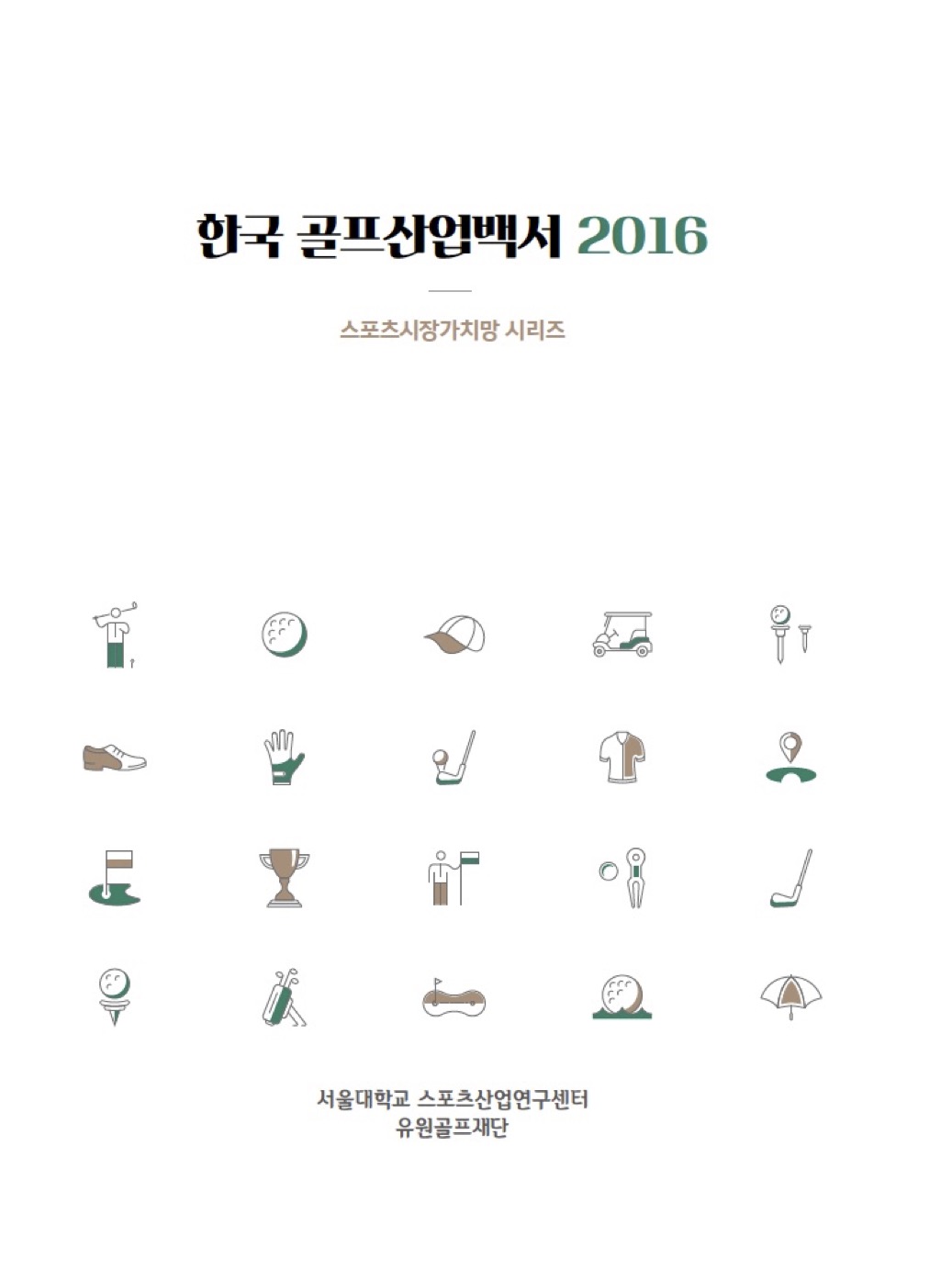
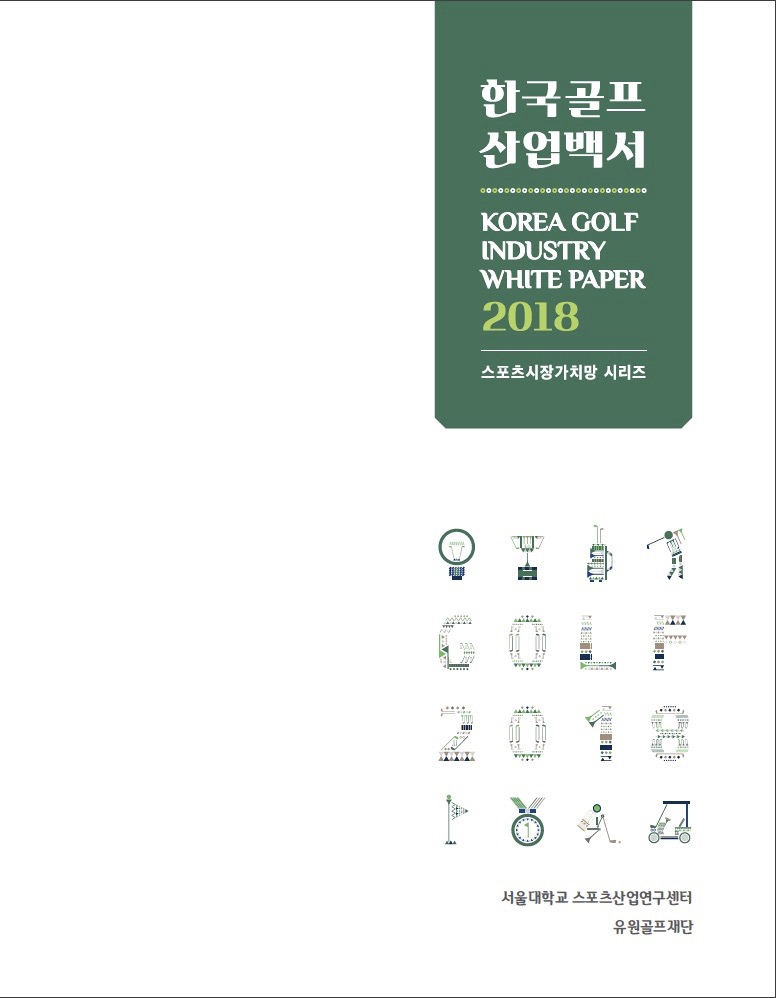
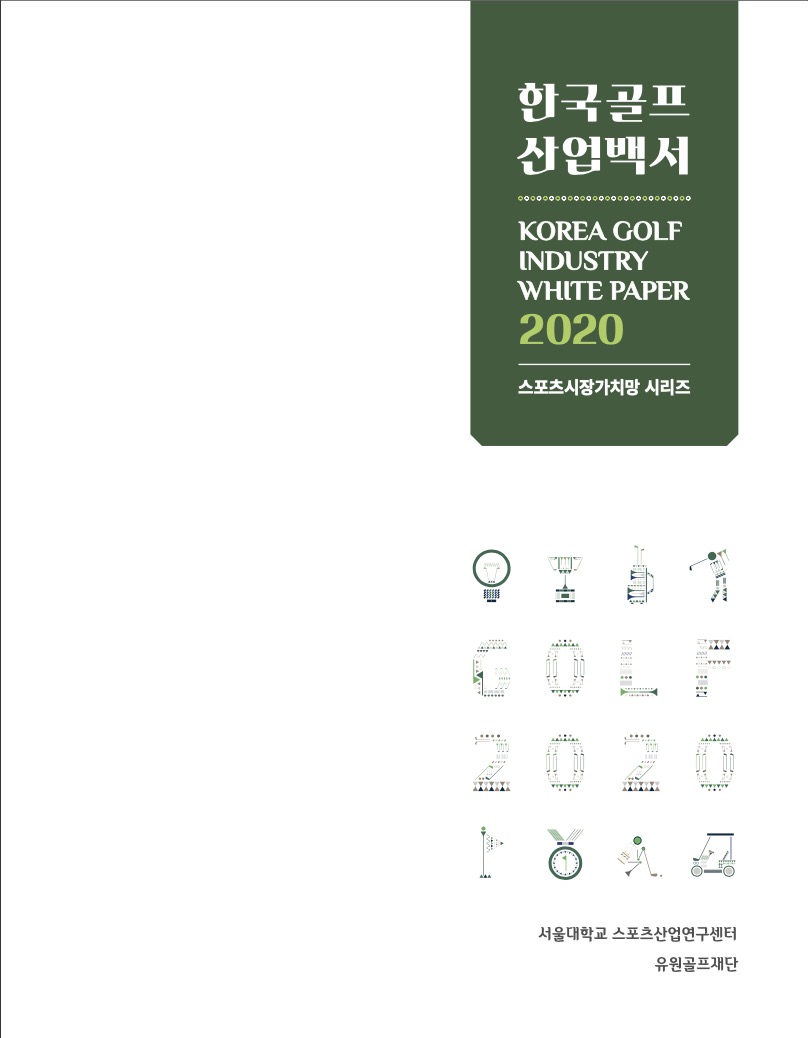
Kang, J., Lim, C., Frederick, E., Yoo, S., & Pedersen, P.M. (2020). Programming based intervention: A cross-cultural examination of the role of nonviolent mediated sports content on youth aggression reduction. Journal of Sports Media, 15(1), 1-28.
Kang, J., Lim, C. H., Suh, Y. I., & Gang, A. (2020). Establishing a web-based measurement of aggression (WTCRTT): Examining the validity of a modified Taylor’s Competitive Reaction
Kang J., Shin Y. (2017). The Comparison of Competitive Balance System between American National Basketball Association(NBA) and Korean Basketball League(KBL), Korean Journal of Sport Management 22(5), 63-84.
Chang, M.J., Connaughton, D.P., Ju, I., Kim, J., & Kang, J. (2019). The impact of self-continuity on fans’ pride, and word-of-mouth recommendations: The moderating effects of team performance and social responsibility associations. Sport Marketing Quarterly, 28(1), 20-33.
Yun, Y. H., Shi, J. A., Lim, Y. J., Lim, C. I., Kang, S.-C., Kang, J.-H., Park, J. D., & Noh, D. Y.(2017). Development and validity testing of the worksite health index: An assessment tool to help and improve Korean employees’ health-related outcome. Journal of Occupational and Environmental Medicine, 58(6), 623-630.
Lee W., Kang J., Kim S. (2020). The Comparison of Competitive Balance System between American National Basketball Association(NBA) and Korean Basketball League(KBL), Korean Journal of Sport Management 22(5), 63-84.

